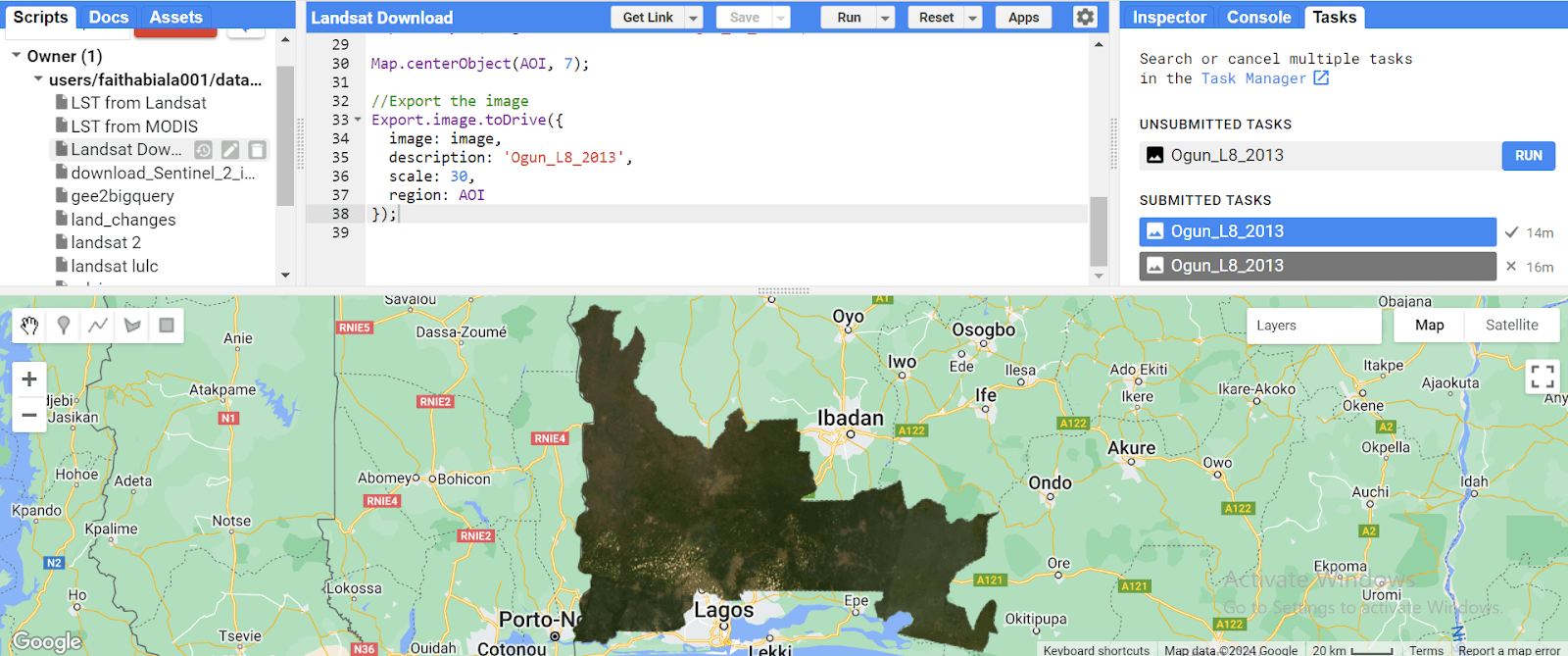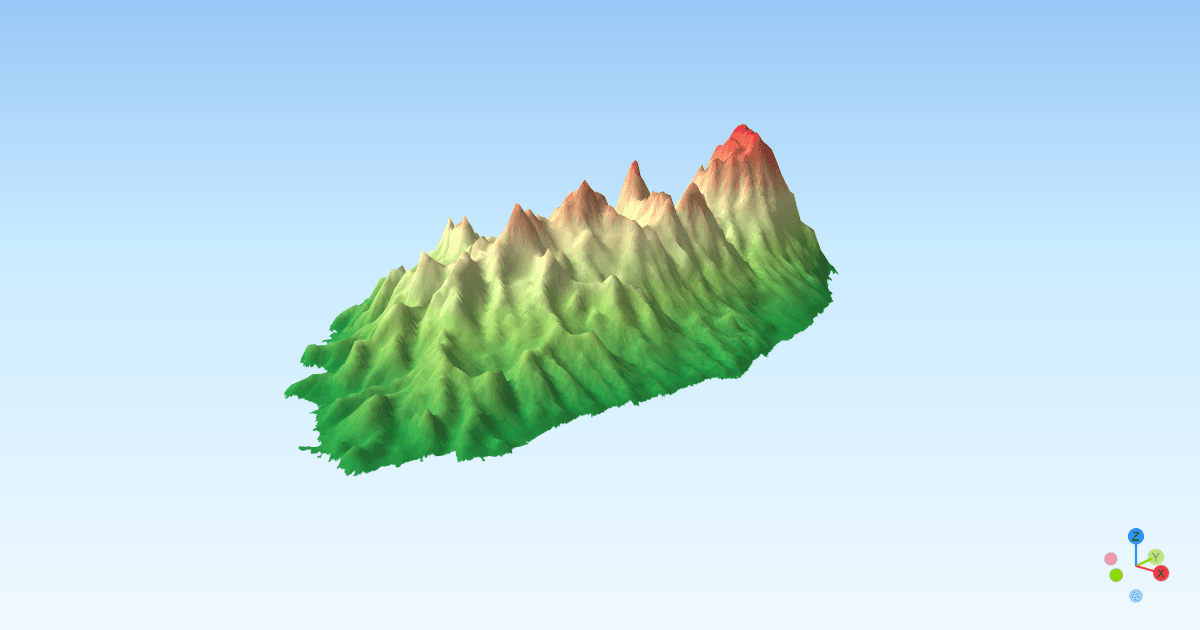Looking at how greatly AI is evolving and growing, it is important to consider the ethical implications of AI in the Geospatial Industry. It is crucial for organizations, professionals, and individuals in the industry to carefully consider the ethical implications of AI. They must act ethically and responsibly, and take the necessary measures to safeguard individuals’ personal information.
The integration of AI in geospatial analysis/algorithms must be fair and inclusive, accountable, dependable and safe, private and secure, and transparent and explainable. It is necessary to carefully balance the benefits of using AI for geospatial analysis with the need to protect individual privacy rights.
Privacy and Security Concerns with Geospatial AI
Privacy Concerns: GeoAI algorithms often depend on large amounts of personal data, particularly location data, which can be sensitive and subject to privacy regulations. This raises concerns about how organizations collect, process, store, and share such data while adhering to legal and ethical requirements that safeguard people’s right to privacy. As a result, GeoAI developers and users must carefully consider the privacy implications of their data practices and implement appropriate safeguards to ensure that individuals’ personal data is handled in a transparent, fair, and accountable manner. To ensure that AI algorithms for geospatial analysis are fair, ethical, and consistent, there is a need for transparency and accountability in their development and use.
Security Concerns: The Geospatial Industry deals with large amounts of data for analysis, and these GeoAI algorithms can be vulnerable to hacking, malware, and other security threats, which can compromise sensitive data and systems. Some AI algorithms are inherently cryptic and difficult to comprehend, making it challenging to detect and respond to security threats because it is difficult to understand how a decision was made or identify the source of an error. It is essential to put appropriate security measures in place to protect geospatial data from unauthorized access or manipulation. Organizations must take the necessary precautions to defend against adversarial assaults, guard against cyber threats, maintain data integrity, restrict unauthorized access, and encourage transparency and explainability in AI algorithms.
To alleviate these concerns, strong privacy and security measures should be implemented, such as data encryption, ethical algorithm development, access controls, and cybersecurity measures.
You can also check out the article on How AI is revolutionizing the Geospatial Industry: Trends and Applications if you haven't. https://spatialnode.net/articles/how-ai-is-revolutionizing-the-geospatial-industry-trends-and-applicationsbc1c9e







.jpeg&w=3840&q=75)


